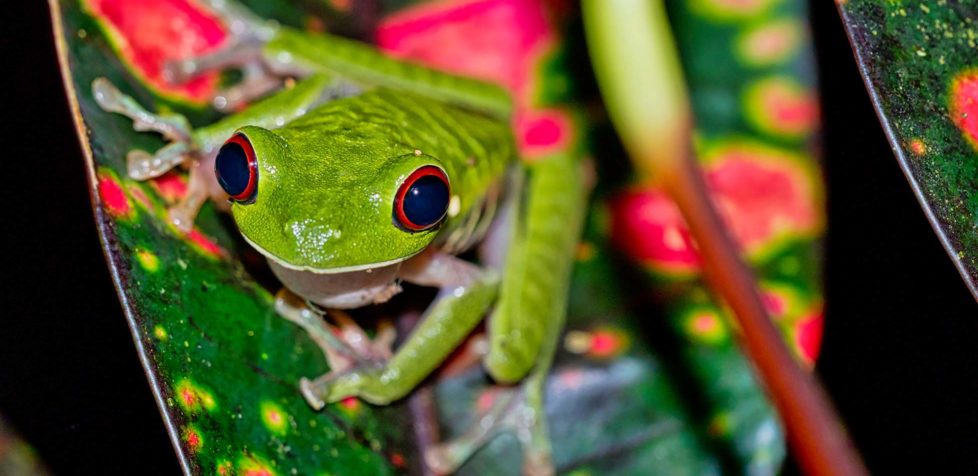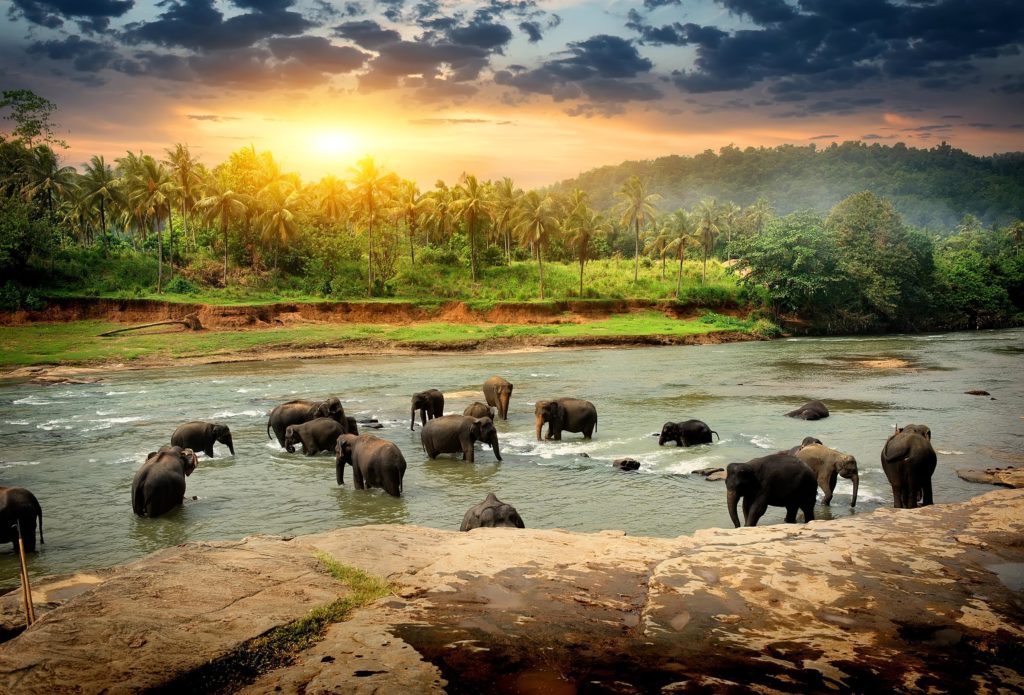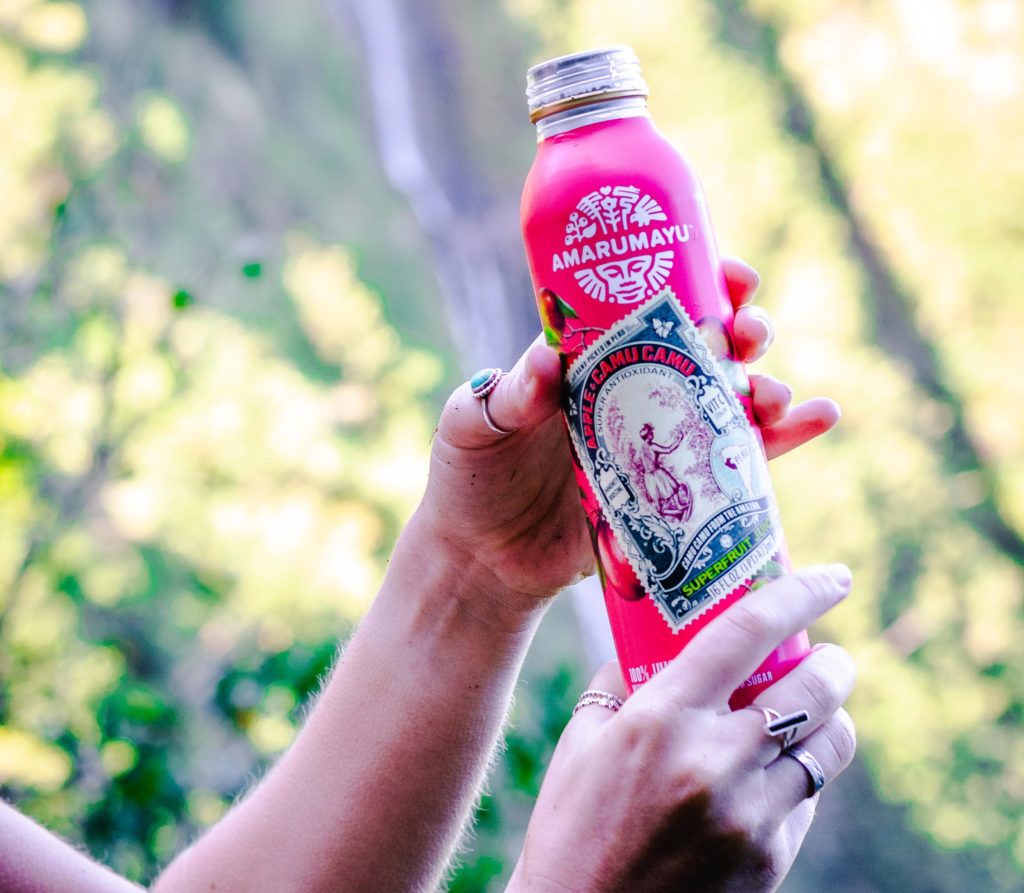Biodiversity: What Is It, and How Can You Help Promote It?

How would you like to lose your home and move miles away?
It sounds like a terrible idea. But put in those terms, you’ll start to understand what a loss of biodiversity really means. When we lose biodiversity, it means animals are being displaced, plant species are losing their variance, and the Earth, bit by bit, is becoming a little less vibrant.
Biodiversity “refers to the variety of life on Earth at all its levels, from genes to ecosystems, and can encompass the evolutionary, ecological, and cultural processes that sustain life,” according to the American Museum of Natural History.
In other words, biodiversity is the wealth of flora and fauna that make planet Earth what it is. Without biodiversity, we’re just a rock going around the sun.
But even knowing what biodiversity is doesn’t tell the whole story. What sort of impact does it have on us when we lose biodiversity—and more importantly, what can the average consumer do about it?

Why Does Biodiversity Matter?
Ever hear the phrase “gut microbiome”? The idea is simple: we need the flora in our gut to be healthy, giving our digestion and bodily functions the support they need to maintain our health.
The planet works a bit like that too.
Strong, diversified, sustainable ecosystems are inherently healthy because they mean that life can continue to prosper and thrive. As we lose biodiversity, we lose a lot. Consider:
- Biodiverse ecosystems support a larger number of crops. You’ve heard all about climate change, and how much more efficient growing crops is than feeding animals. Biodiversity helps boost the health of an ecosystem, giving it the ability to support a larger variety of crops. This is good for everybody.
- Biodiversity enables the ecosystem to recover more quickly. Let’s say there’s a natural disaster, such as a hurricane sweeping into an ecosystem. If there’s no life there, then the effects of that hurricane might last for years—because no one’s clearing out the trees, no birds are picking up loose branches for nests, etc. In a biodiverse ecosystem, recovery is faster. It’s a bit like blood cells rushing in to heal a wound.
- Biodiversity enables the protection of water sources. We all need water. A healthy, diverse ecological system supports the positive recycling of fresh water through the water cycle, ensuring a steady supply that may help reduce the extreme nature of floods and droughts.
- Loss of biodiversity makes things harder on humans too. It isn’t just the animals who suffer. According to one study, many of the changes resulting from biodiversity loss “are difficult, expensive, or impossible to reverse or fix with technological solutions.” Aside from the loss of animal wildlife and ecosystems, it’s also having an impact on the bottom line.
What Can You Do About Biodiversity?
But biodiversity is a big concept—it involves massive ecosystems spread around the Earth. What can one person possibly do to help?
One thing you can do is respect local laws. “Biodiversity” doesn’t mean you have carte blanche to unleash invasive plants and animals into protected areas. Those areas are protected for a reason, and invasive species can wreak havoc, causing some $120 billion in damages in the U.S. every year.

Want to be proactive? Look to consume more than one type of fruit or vegetable. Sure, we all have our favorites. But have you ever tried an Amazonian superfruit, like Buriti, or Camu Camu? At AMARUMAYU, our superfruit juices help support the sustainability and biodiversity of the Amazon. We aren’t cutting down trees, but rather using sustainably wild-harvested superfruits to ensure balance within one of the most biodiverse ecosystems on Earth.
Want to learn more about the current threats to the Amazon? Check out our YouTube video on the Top 3 THREATS to the AMAZON!
